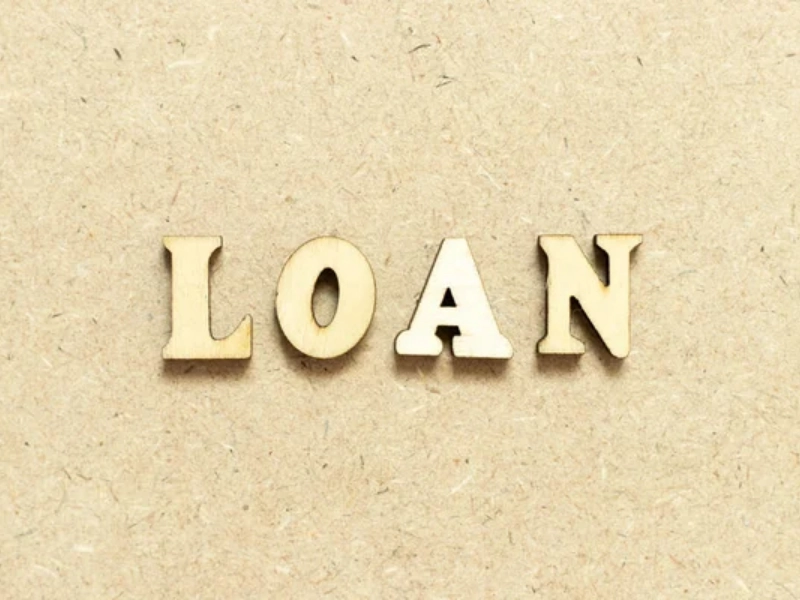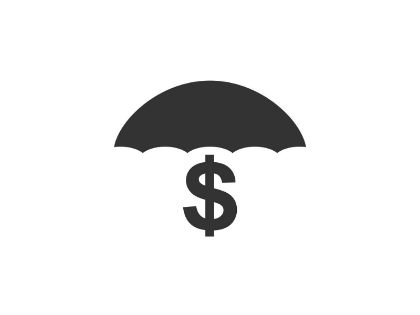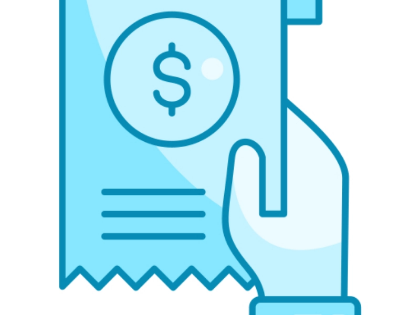Mortgages: Your ally in establishing a solid financial base
You can attain your long-term financial goals and weather unforeseen financial storms by laying a solid financial foundation. It entails creating financial goals, being conscious of your everyday spending habits, and having a solid grasp of your own balance sheet. A secured loan backed by real estate, typically a house, is called a mortgage. Principal and interest are often paid off over time with monthly installments.
A mortgage: What is it?

How Do Mortgages Operate?
 The way a mortgage works is that it lets you borrow money from the lender in return for buying a house. The loan will be secured by your house, and you will have to pay it back with interest over the course of the loan term, which is predetermined.
To get pre-approved for a mortgage, you must present the lender with proof of your assets and income. It's common to refer to this procedure as "homebuyer pre-approval."
Your mortgage will probably have a low interest rate if your debt-to-income ratio and credit score are both strong. The market interest rates, on the other hand, are beyond your control, and they will eventually have an impact on the amount you pay for your mortgage. In addition to principal and interest, your monthly payments will also cover property taxes and homeowner's insurance. Over the course of the loan, these payments will assist you in increasing the equity in your house. On the other hand, the lender may foreclose and seize your home if you are unable to pay.
The way a mortgage works is that it lets you borrow money from the lender in return for buying a house. The loan will be secured by your house, and you will have to pay it back with interest over the course of the loan term, which is predetermined.
To get pre-approved for a mortgage, you must present the lender with proof of your assets and income. It's common to refer to this procedure as "homebuyer pre-approval."
Your mortgage will probably have a low interest rate if your debt-to-income ratio and credit score are both strong. The market interest rates, on the other hand, are beyond your control, and they will eventually have an impact on the amount you pay for your mortgage. In addition to principal and interest, your monthly payments will also cover property taxes and homeowner's insurance. Over the course of the loan, these payments will assist you in increasing the equity in your house. On the other hand, the lender may foreclose and seize your home if you are unable to pay.
What Advantages Come With Obtaining a Mortgage?
 Among the numerous advantages of obtaining a mortgage is the chance to buy real estate that might not otherwise be affordable. Because mortgage interest is deductible, mortgages may also provide tax benefits. Additionally, base homeownership costs like property taxes and insurance are usually included in mortgage payments.
The ability to become a homeowner, which can improve one's financial status in ways that renting a property or investing in stocks cannot, is the largest advantage of having a mortgage. Real estate values tend to rise with time, and mortgages also contribute to the equity that is built into a property.
Finally, because mortgage debt is guaranteed by a valuable asset (your home), creditors see it as "good debt," and they can grant you more loan alternatives and higher credit scores. It's critical to consider the advantages and disadvantages of paying cash versus getting a mortgage and to seek advice from a financial counselor. It's crucial to keep in mind that a mortgage is a long-term commitment, so prospective borrowers must be certain they can afford the payments each month for many years.
Among the numerous advantages of obtaining a mortgage is the chance to buy real estate that might not otherwise be affordable. Because mortgage interest is deductible, mortgages may also provide tax benefits. Additionally, base homeownership costs like property taxes and insurance are usually included in mortgage payments.
The ability to become a homeowner, which can improve one's financial status in ways that renting a property or investing in stocks cannot, is the largest advantage of having a mortgage. Real estate values tend to rise with time, and mortgages also contribute to the equity that is built into a property.
Finally, because mortgage debt is guaranteed by a valuable asset (your home), creditors see it as "good debt," and they can grant you more loan alternatives and higher credit scores. It's critical to consider the advantages and disadvantages of paying cash versus getting a mortgage and to seek advice from a financial counselor. It's crucial to keep in mind that a mortgage is a long-term commitment, so prospective borrowers must be certain they can afford the payments each month for many years.
What Is the Optimal Time to Apply for a Mortgage?
 The timing and circumstances unique to you may determine the ideal time to apply for a mortgage. For instance, before applying for a mortgage, you probably want to have a stable job and a good savings history. To make sure you have the financial means to buy a house and assume mortgage payments, you should also review your credit profile and debt-to-income ratio.
You should also take into account mortgage interest rates, which can change based on the state of the market. Before filing an application, a lot of mortgage experts advise you to shop around for the best mortgage rate.
The mortgage application process can be time-consuming, and you might be required to provide supporting documentation, including bank statements, tax returns, employment and income records, and credit reports. To expedite the process, it is therefore a good idea to apply for your mortgage early in the month. Many lenders handle applications according to a set timetable that is followed at the start, middle, and end of each month.
The timing and circumstances unique to you may determine the ideal time to apply for a mortgage. For instance, before applying for a mortgage, you probably want to have a stable job and a good savings history. To make sure you have the financial means to buy a house and assume mortgage payments, you should also review your credit profile and debt-to-income ratio.
You should also take into account mortgage interest rates, which can change based on the state of the market. Before filing an application, a lot of mortgage experts advise you to shop around for the best mortgage rate.
The mortgage application process can be time-consuming, and you might be required to provide supporting documentation, including bank statements, tax returns, employment and income records, and credit reports. To expedite the process, it is therefore a good idea to apply for your mortgage early in the month. Many lenders handle applications according to a set timetable that is followed at the start, middle, and end of each month.








